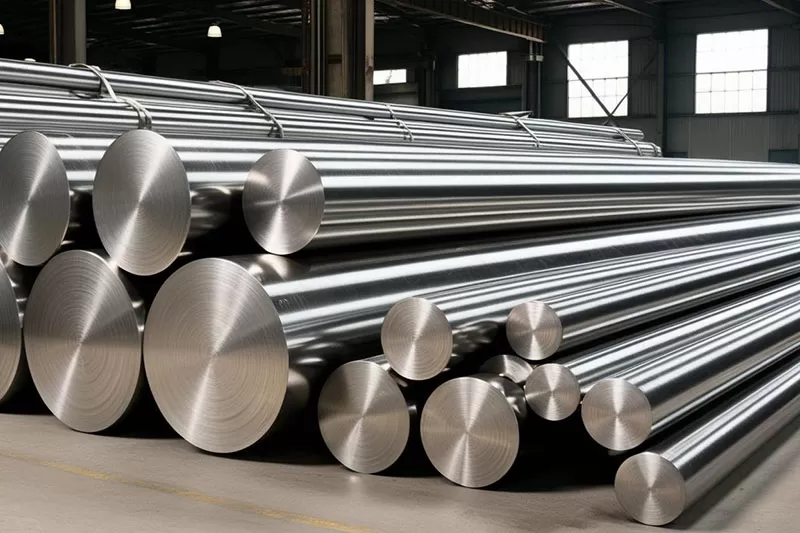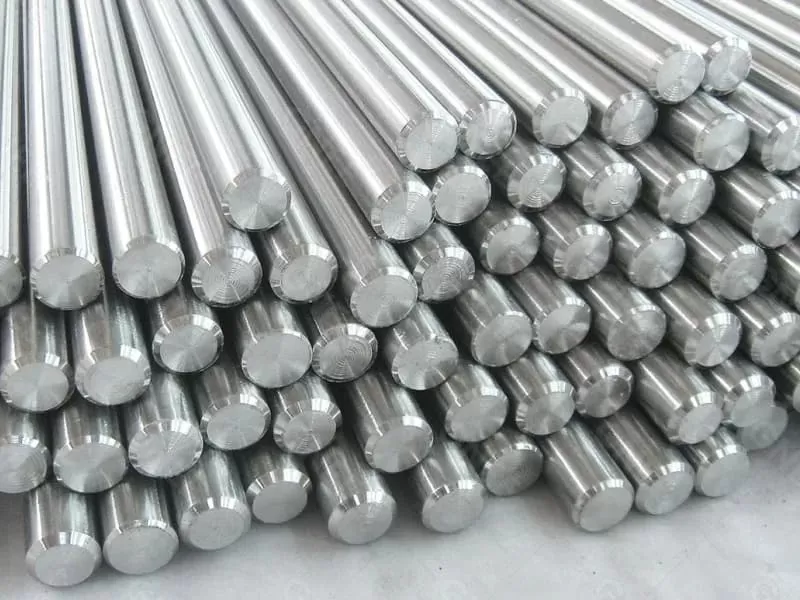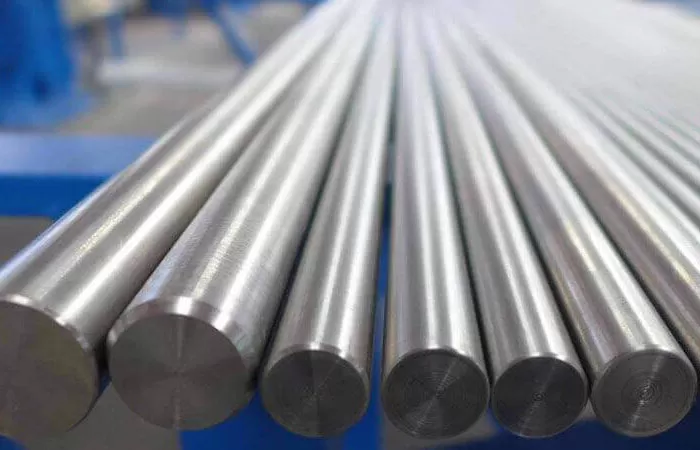Nickel Alloys: Understanding Their Significance
Date:2024-02-26 15:06:00View:2531Tags:Ronsco,Nickel Alloy Supplier
Nickel Alloys encompass a diverse group of materials where nickel constitutes a substantial portion of the composition (typically 50% or more). However, it's worth noting that Alloy 286 / 660, a high-temperature bolting steel with a nickel content of 24-27%, is also classified as a nickel alloy.
The addition of nickel to high chromium stainless steel results in corrosion and heat-resistant steels. Nickel's ability to form austenite contributes to their toughness and high strength at both high and low temperatures. Additionally, nickel enhances resistance to oxidation and corrosion, as well as toughness at low temperatures when added in smaller amounts to alloy steels.
Nickel and nickel alloys find applications in various fields, including aircraft gas and steam turbines, medical applications, nuclear power systems, and particularly in the oil, chemical, and petrochemical industries.
Nickel alloys exhibit remarkable versatility, leading to several classification categories. One common classification includes:
- Commercially Pure/Low Alloy Nickels: Nickel is supplied in powder, pellet, or anode forms. These materials possess high density, magnetic and electronic properties, excellent corrosion resistance, and reasonable thermal transfer characteristics.
- Nickel-Copper Alloys: These alloys offer excellent corrosion resistance in reducing chemical environments and sea water, making them suitable for nuclear submarines and surface vessels. By adjusting the proportions of nickel and copper, alloys with varying electrical resistances can be created. Notable examples are Alloy 400 and Alloy K500.
- Nickel-Chromium Alloys: These alloys provide increased strength and resistance to elevated temperatures. Prime alloys in this category include Alloy 600, Nimonic alloys (such as N80a), Alloy X750, Alloy 718, Alloy 625, Alloy C-22, and Alloy C-276.
- Iron-Nickel-Chromium Alloys: Primarily used in high-temperature petrochemical environments where sulfur-containing materials are processed, these alloys yield component distillate parts. Prominent alloys in this class are Alloy 800 / 800HT, Alloy 825, and Alloy 925.
- Controlled-Expansion Alloys: These alloys exhibit high strength and a low coefficient of thermal expansion. Examples include Alloy 902, 903, 907, and 909.
- Nickel-Iron Low-Expansion Alloys: Developed for the lamp and electronics industries, these alloys ensure reliable glass-to-metal seals in sealed environments. Notable alloys in this category are Alloy 42 and Alloy 426.
- Soft Magnetic Alloys: These nickel-iron alloys possess magnetic permeability properties and find applications in switchgear, direct current motors, and generators.
- Welding Alloys: Filler metals and welding electrodes are enhanced by incorporating elements like aluminum, titanium, and magnesium. These additions improve weld effects and mitigate hot-short cracking and malleability issues.
For a comprehensive range of nickel products, you can reach out to Allianz Steel Group. Contact us to obtain further information.




